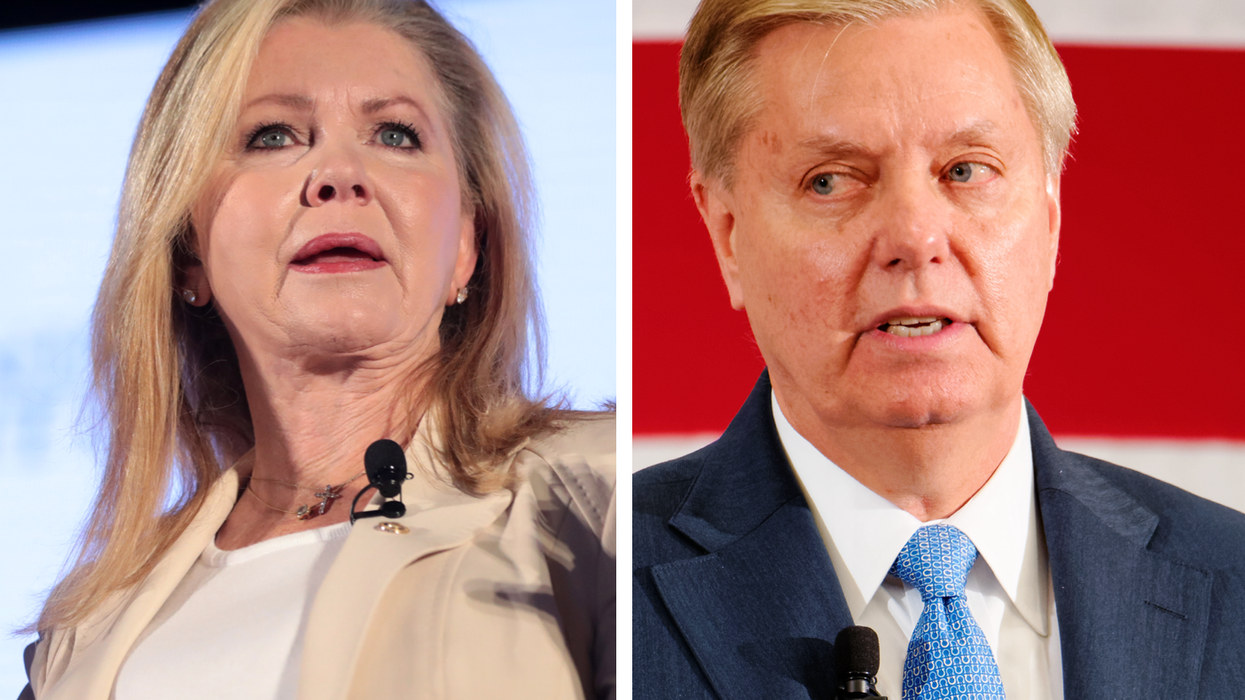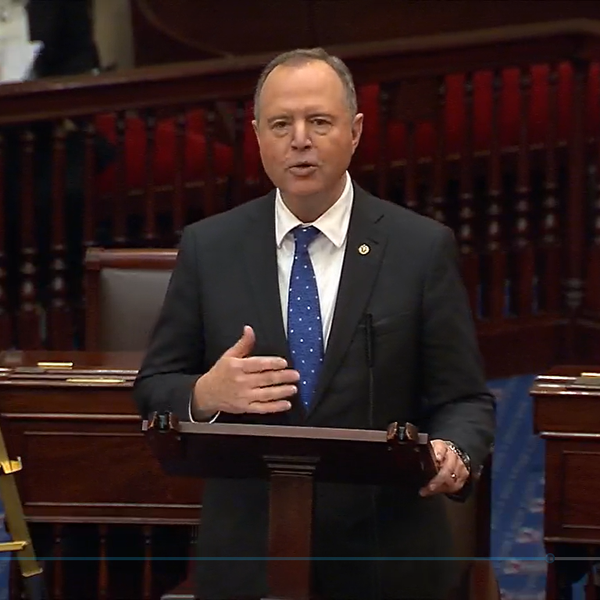Following weeks of acrimonious debate in Congress, President Joe Biden signed into law on Friday a bill that suspends the debt ceiling until 2025. The compromise deal caps spending on a range of programs and risks throwing as many as 750,000 adults off of food stamps, according to the Center on Budget and Policy Priorities.
One agency — the Department of Defense — managed to evade cuts completely. Despite making up the majority of federal discretionary spending, the Pentagon will lock in a roughly 3 percent boost over last year’s budget, bringing the total defense budget to $886 billion for 2024.
As David Dayen of the American Prospect recently noted, there is one path that would lead to defense cuts. The deal includes a provision that would force a 1 percent haircut to all discretionary spending if Congress fails to pass any of its 12 annual appropriations bills by January 1, 2024.
But, Pentagon budget watchers argue, the more likely scenario is that lawmakers will take advantage of spending tricks to keep military funding increasing to historic highs.
Military spending experts say an emergency supplemental for Ukraine aid — likely to come this summer or early fall — is the prime candidate for a “bonus” defense budget. As Politico reported Friday, one reason the deal passed was Senate Majority Leader Chuck Schumer’s promise that it “does nothing to limit the Senate's ability to appropriate emergency supplemental funds” for dealing with foreign threats.
Some members of Congress have already signaled their openness to such an approach: Sen. Lindsey Graham (R-S.C.) stated plainly that a Ukraine supplemental “will create an opportunity for me and others to fill in the deficiencies that exist from this budget deal,” and Rep. Doug Lamborn (R-Colo.) said, “I fully expect there will be more defense spending through the rest of the fiscal year.” In other words, leaders on both sides of the aisle appear ready to boost defense spending while cutting social programs and funds for tax collection.
“They're saying one thing and doing another,” said Lindsay Koshgarian of the Institute for Policy Studies. When it comes to defense spending, “you have lawmakers saying that cap isn’t really a cap,” Koshgarian added, while limits on domestic discretionary spending appear all but guaranteed to lead to actual cuts.
As the Congressional Budget Office noted in a recent letter to Speaker Kevin McCarthy, “funding designated as an emergency requirement or for overseas contingency operations [OCO] would not be constrained” under the new deal. The CBO predicted that these budget vehicles will add a total of $400 billion in spending in 2024 and 2025, though it didn’t specify which agencies would be most likely to receive that extra money.
“Everyone understands what’s about to happen here,” wrote Dayen in the American Prospect. “[T]he military ‘caps’ are a joke.”
In the past, Congress has used similar loopholes to bypass any restraints on military spending. Following the 2011 Budget Control Act, lawmakers avoided caps on the Pentagon by steadily pouring more money into OCO spending, a pool of money initially meant to ensure continuous funding for military operations abroad, mostly Afghanistan. In 2020, fully $47 billion of unrelated military outlays came through the uncapped spending mechanism.
The old budget caps expired in 2021, leaving Congress free to pump whatever funds it saw fit into the regular defense budget. But the debt ceiling deal appears destined to force a return to the accounting tricks of the 2010s.
The revival of OCO-style budgets will no doubt frustrate Pentagon spending hawks, who have long pushed for reforms to some of the unusual aspects of the military budget process.
Take “unfunded priority lists,” often known as UPLs or “wish lists.” Despite opposition from the Pentagon’s current top brass, Congress mandates that each military service and combatant command provide it with a list of the most important programs that didn’t make it into President Biden’s budget.
In theory, these wish lists give lawmakers a better understanding of what the Pentagon needs in order to deter enemies and win a war, if necessary. In practice, they encourage DoD to ignore potential budget trade-offs and provide a map for hawks looking to boost spending for pet programs, as Dan Grazier of the Project on Government Oversight told RS earlier this year.
“The unfunded priority process is just a way to add more money into the budget at the end,” Grazier said. “It just creates opportunities for shenanigans on Capitol Hill.”
While some in Congress — like Sens. Elizabeth Warren (D-Mass.), Angus King (I-Maine), and Mike Braun (R-Ind.) — have fought against the practice, many of their colleagues will likely use this year’s lists as a guide for what to tack onto an emergency Ukraine spending bill.
In other words, the defense spending “caps” will simply add a little bit of extra math for those who keep track of the military budget. Despite widespread reports of price gouging by weapons makers and less-than-outstanding financial practices, annual military spending now appears poised to reach $1 trillion in the coming years, and the average American will continue to fork over about $1,000 in taxes to weapons makers each year.
“Why is it you can be a serious person and endlessly raise the Pentagon budget?,” asked Koshgarian. “Even after we all saw the report from ‘60 Minutes’ on the price gouging by Pentagon contractors, none of that compromises your seriousness as a policy person inside DC. Meanwhile, you can cut food benefits for a poor, unemployed, possibly disabled 50-year-old, and that's seen as a serious move.”















